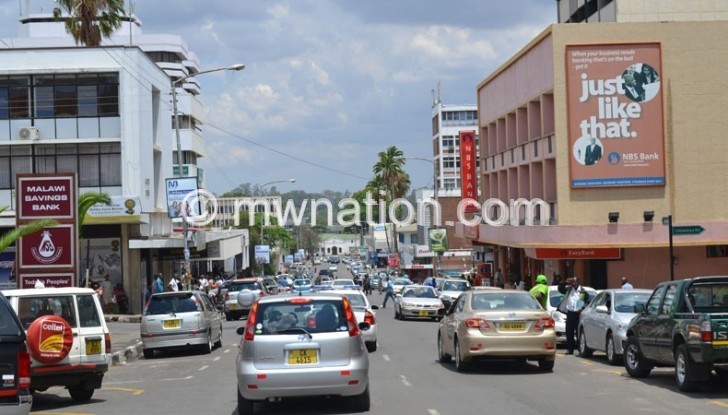Private sector cautious as Covid-19 cases rise
As the third wave of the Covid-19 pandemic looms, threatening to push the country into a devastating economic turmoil, because businesses fear profits may remain low due to the pandemic.
Chairperson for the private sector task force on Covid-19 Vizenge Kumwenda in an interview on Thursday said the third wave of the Covid-19 poses a challenge to business and could worsen the already difficult operating environment.

During the first wave of the Covid-19 pandemic, government implemented various policy and strategic measures to cushion the impact of the pandemic on businesses.
Among others, government introduced a moratorium on interest rates from April last year in response to Reserve Bank of Malawi’s (RBM) call to effect the measure to cushion customers who were in financial distress induced by the pandemic.
The Malawi Revenue Authority (MRA) also effected a voluntary tax compliance window in April for a six month period until October, allowing taxpayers to pay their dues without penalty, interest or any charge.
Under the new window, MRA softened measures to allow taxpayers to comply more by, among others, allowing limited companies applying for the window to submit self assessed (unaudited) accounts.
Kumwenda was, however, quick to mention that businesses are yet to meet and discuss how the previous measures instituted to cushion businesses from potential losses and how going forward businesses might fare.
“Just when we thought things were opening up, Covid-19 cases are seen to be rising, potentially making the operating environment more hostile. We will thus meet to discuss how the measures earlier instituted to cushion businesses from potential losses have helped and how going forward we view the situation,” he said.
Malawi’s economy has been heavily affected by the Covid-19 pandemic with growth recorded at 0.9 percent in 2020 and projected at 3.8 percent in 2021.
Since last year, businesses and individuals have been suffering great losses as the global and domestic factors emanating from the pandemic affected and continued to affect Malawi’s economy, including disruption in global value chains and trade and logistics, decrease in tourism, and decrease in remittances.
This has combined with social distancing policies and behaviour to also reduce domestic demand.
Meanwhile, the central bank has indicated that it will continue to engage banks to continue granting moratoriums to deserving borrowers as long as the Covid-19 pandemic continues to impact. n





